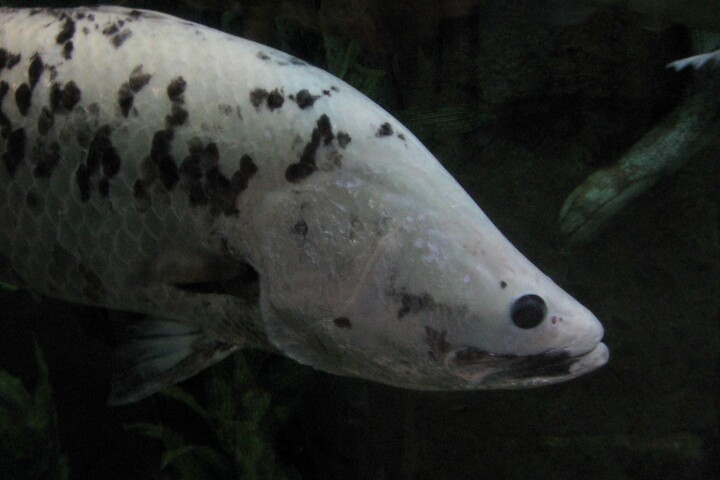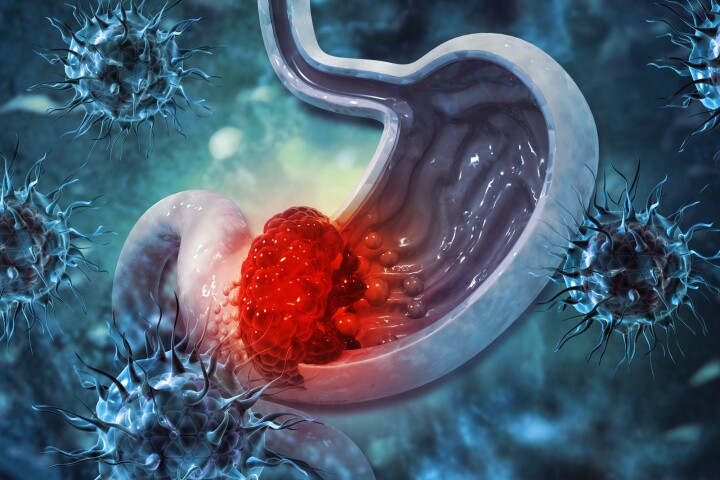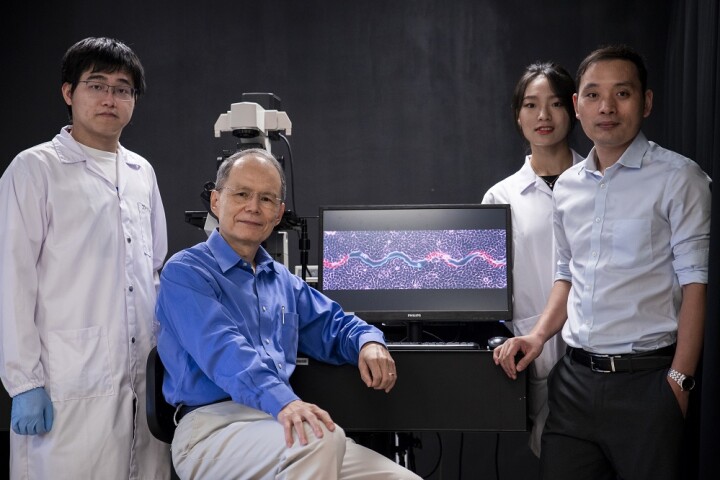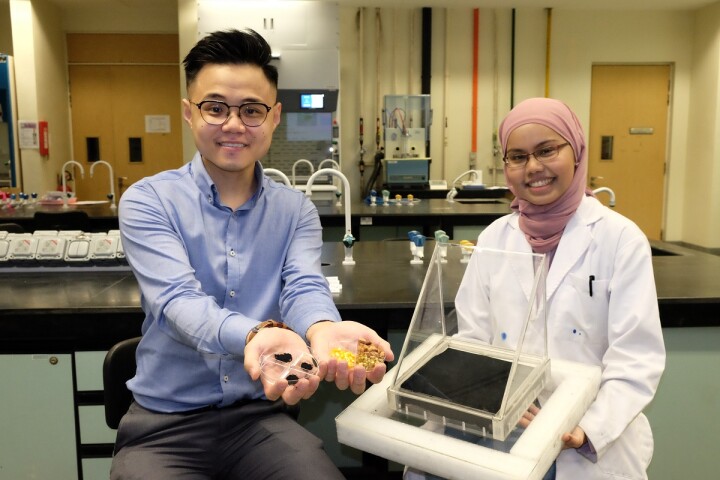Nanyang Technological University
-
Soft materials and stiff materials both have their uses, but the two properties typically aren't seen in one substance. RoboFabric is an exception, then, in that it can be switched back and forth between soft and stiff states.
-
Using very low-dose X-rays to activate compounds that light up and generate cancer-killing free radicals stalled brain tumor growth and doubled survival time, according to a new study. Importantly, healthy cells were left unaffected.
-
Forget radioactive spiders – a new breakthrough could make it easier to get Spider-Man’s wall-crawling powers. Scientists in Singapore have created a strong and reusable adhesive out of a shape-memory polymer, triggered by temperature changes.
-
Fish farming may be getting much more eco-friendly, courtesy of soybean processing wastewater. Microbes in the liquid have been used to produce proteins that could replace the fishmeal which is currently fed to farmed fish.
-
A common, usually harmless bacteria has been found to have a significant role in causing stomach cancer. Researchers identified the bacteria’s mechanism of action, opening the door to developing therapeutics that prevent it triggering cancer growth.
-
Although great strides are being made in the field of "smart" contact lenses, one challenge remains – how do you safely and discreetly power the things? Singaporean scientists may have the answer, in the form of a tear-fluid-charged ultra-thin battery.
-
For some time now, it has been known that wounds with a zig-zag pattern heal faster than those which form a straight line. Scientists have now determined why this is so, and their findings could change the ways in which surgical incisions are made.
-
Solar stills provide a clever and simple means of purifying dirty or salty water, but they work at a rather slow rate. A new material has been shown to boost their performance, and it's made from fruit waste which would otherwise be discarded.
-
While the field of stretchable electronics does hold a lot of promise, joining the parts of such devices together can be tricky. A new connector is designed to help, as it stretches between the components plus it links them in a matter of seconds.
-
With demand for vegetable oil only expected to increase, a team of scientists in Singapore has demonstrated a way of increasing the yield of oil from plants through genetic engineering, which could increase the output by as much as 18%.
-
New research on aging in roundworms has thrown up some intriguing results, with scientists at Nanyang Technological University (NTU), Singapore finding they could increase the animals lifespan by feeding them a high-sugar diet.
-
While wind energy systems can come in some pretty big forms, scientists at Nanyang Technological University (NTU), Singapore have developed a small, low-cost device sensitive enough to capture energy from a light breeze.
Load More











